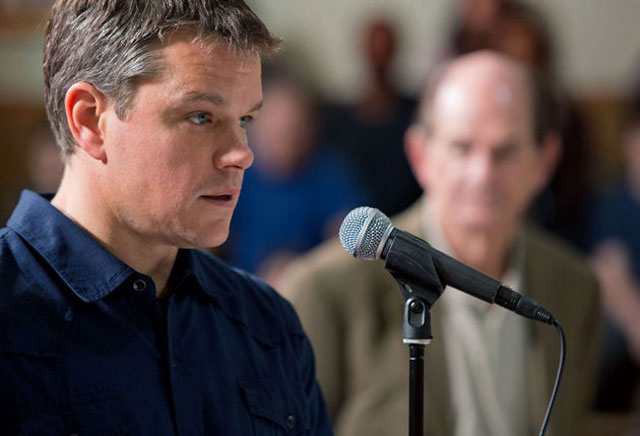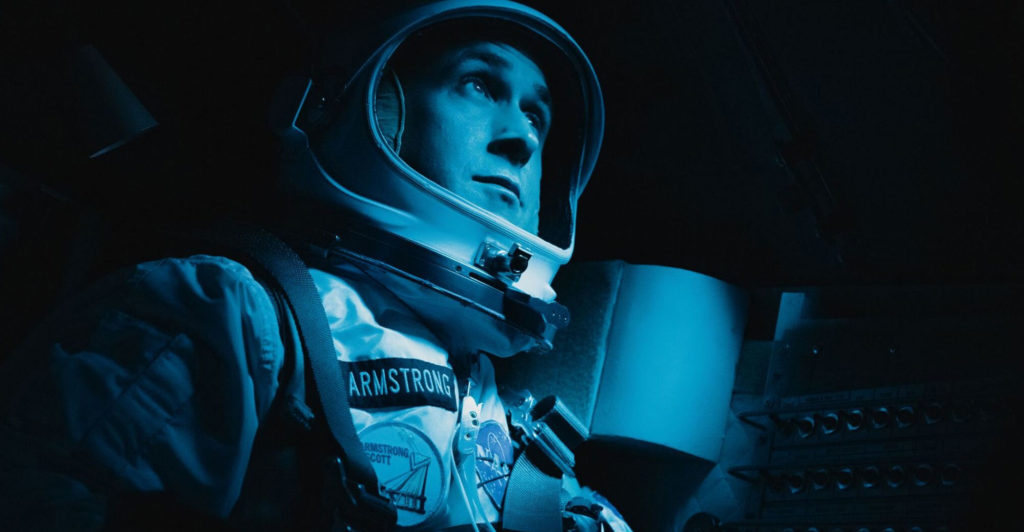
Few topics inspire as much heated debate as hydraulic fracturing, or fracking, which makes it surprising that the subject should fuel a film as tepid as Promised Land. As much morality tale as green polemic, the film reunites Matt Damon with Good Will Hunting director Gus van Sant after 15 years.
Promised Land is a half-baked slice of Americana, a sticky centre of Frank Capraesque sentimentality with a doughy crust of environmental fretting. Damon plays Steve Butler, a salesman for a natural gas company with the rather anodyne name of Global Crosspower Solutions. Steve’s job — and it’s one that he is good at — is to convince impoverished rural landowners to sell mineral rights leases that grant drilling rights to his employers at the lowest possible price.
Steve and his partner Sue Thomason (Frances McDormand) move into a Pennsylvania farming district, where they expect to close deals with the farmers in quick order. But they soon find themselves in a struggle for the community’s land and souls with a resolute high-school science teacher (played with both steel and poignancy by Hal Halbrook) and a committed young environmentalist (John Krasinski, who co-wrote the script with Damon).
The handsomely shot Promised Land seeks to put a human face on the complex issues surrounding fracking, but it is only halfway successful in doing so. It’s even less successful in its emotive argument against fracking, which lacks intellectual rigour or moral conviction.
The best moments of the film touch on a story that deserves to be told about how the relentless drumbeat of progress is drowning out the rhythms of rural life. The film poignantly sketches a way of life that is under threat, and not just from fracking. No one knows this better than Steve, from farming stock himself.
Promised Land trailer (via YouTube):
Having seen the town where he grew up fade from the map after Caterpillar closed its factory there, Steve knows that the pastoral lifestyle is a myth propped up by industry and government subsidies. Perhaps there is something weasel-like about the manner he tries to get farmers to cede their rights for a pittance, but he also believes that he is helping to save them from destitution by bringing them the gas company’s money.
Sadly, that level of nuanced characterisation is missing from the rest of the film, apart from dry-witted corporate journeywoman Sue, played with dependable good humour by McDormand. The rural farmers are drawn as naïve but noble yokels, while the corporate plotters speak in lines of such smug, unadulterated evil that they should end addressed to “Mr Bond”.
Promised Land is largely about Steve’s journey to moral grace. But the road it takes to get him there is clichéd (expect homespun wisdom from a homely rural gal en route) and involves a ludicrous contrivance that throws the credibility of the whole film into crisis. By the time you arrive at the final destination — a redemptive speech, of course — the film has lost its way. — (c) 2013 NewsCentral Media
- Promised Land starts in South Africa on 3 May




